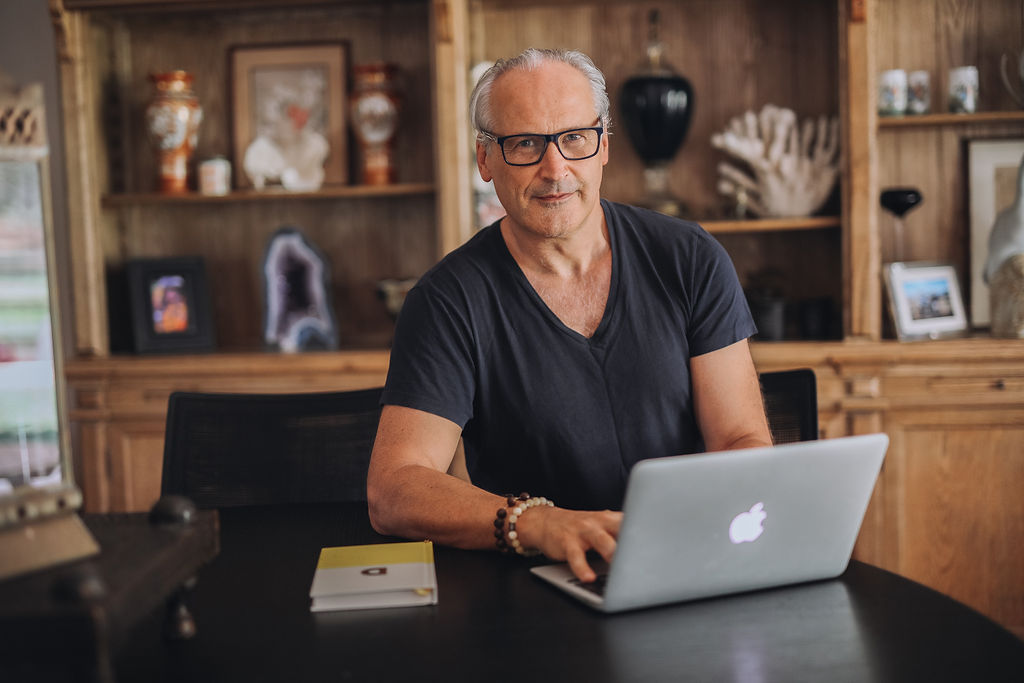I was no longer practising law when I was diagnosed with cancer nearly eight years ago, but my work certainly was a significant factor in causing the stress I associated with cancer. Though in my case, it was entirely self inflicted, as it was my company. I am well aware of how our physical and mental health can be adversely affected by prolonged exposure to environmental stress at work. The nature of legal practice, which involves long hours, pressure to excel, competition to rise to the top, dismay at repetitive work, fear of failure, and peer pressure is a potential melting pot for stress to build.
Having worked in and around the legal profession for the past 25 years, I have seen those who have incredible passion, energy, and who thrive at work, and others whose creativity and vitality has been slowly eroded to the point when they leave with bad memories and often with a serious illness – they burn out. Burnout is not reserved for mid-careers, but can happen at any stage — even at university.
I remember a partner at a very prestigious London law firm who commented when meeting a new female recruit: “Yes, we love lots of lawyers like you; you are like lightbulbs: We turn you on until you burn out, and then we hire another.”
This is an extreme example, but it does exist, and another occasion, I heard another partner from a global law firm saying that ideally he just wanted to hire brains and did not care about the bodies.
To beat cancer, I took a deep dive into many alternative healing practices: Ayurvedic medicine and Chinese energy healing, combined with nutrition, exercise, breath work and meditation. All of that led to me developing self-awareness, which serves me well today. I encourage my clients to adopt some form of daily exercise routine, and to spend time each day in stillness and silence to recharge and reflect.
Find what works for you
While we can try to change the nature of the legal profession from the inside, I suggest that we should take control of our own lives and work out what type of environment works for us, to recognize the signs of stress in ourselves and our colleagues, and to develop resilience and awareness to manage and minimize it. We all have choices, and some are difficult, especially when the only option is leaving the profession.
I always start with asking my coaching clients the same question: Do you think it is your industry, your employer, your job, your boss, or you?
I ask this because I do not want to see great lawyers leave the profession when they do not need to, but instead they can be more aware of their environment and what serves them well, not just at work, but in all areas of their life. We cannot just seek to solve one supposed cause of discontent, but rather we should endeavour to go deeper and look at all of the root causes of our dismay. In most cases, it is a combination of all of the above.
Another contributing factor is stress, which is triggered at home and which we bring to work, and then it is amplified by work. It is then carried back home at the end of the day without any respite. The root cause of stress can be something not connected to work at all, but the nature of work does not provide any relief from other external pressures. Associating burnout just to our work is not always accurate.
The first step is to take action to find what supports you best:
- Get a coach to explore what type of work personally supports your strengths, mission, passion, and purpose.
- Be curious and have an open mind, find a mentor, and learn new skills.
- Explore the type of environment that supports you best.
- Get a coach to help you learn your stress triggers.
- Get a coach to ask the right questions in job interviews so you can identify and avoid a toxic workplace.
- Find what hobbies, interests, creative activities you enjoy, start to engage with them and have more fun outside of work.
I use a morning routine of four different deep breathing exercises to assess my emotional health and stress levels, then I do some more work where needed.
We know that good quality sleep, nutrition, hydration, exercise, meditation, yoga, and simple breathing techniques can all help to recalibrate our body and mind, so my message is just find what works for you, make better choices, and own them.
Ask for help and follow it through, the fear of change is always greater than the pain of change itself.

